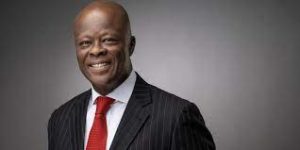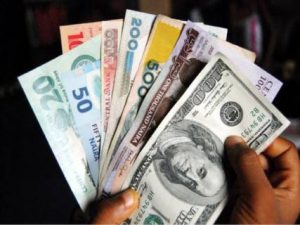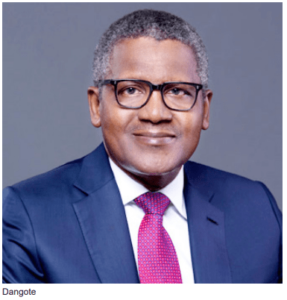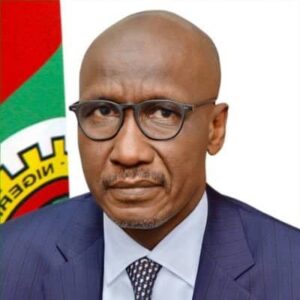2020: Bankers, industry experts set for CIBN’s economic outlook
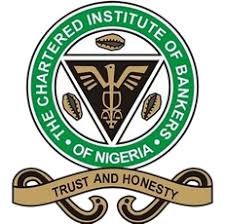
Temitope Adeoye
There is a strong indication that activities in the banking industry will be upbeat when captains of the industry, administrators, business owners and thought leaders in the economy will convene in Lagos next week for the Chartered Institute of Bankers of Nigeria’s (CIBN’s) 2020 Economic Outlook.
The economic event which is in collaboration with B. Adedipe Associates Limited will examine Economic and Business Outlook 2020 on Tuesday, January 28, 2020, in Lagos, at the CIBN’s Centre for Financial Studies.
According to the CIBN, the breakfast programme aims to examine the global and domestic economies in the past year and make projections for the current year.

This year’s theme of the event is “Economic outlook: Implications for businesses in Nigeria in 2020”, the forum will have Keynote Speaker and Lead Discussants including Otunba Niyi Adebayo, Honourable Minister of Industry, Trade, & Investment; Dr Joseph Okwu Nana, FCIB, Deputy Governor, Financial Systems Stability Directorate, Central Bank of Nigeria and Ms Eme Essien, Country Director, International Finance Corporation (IFC)
Others include Hon. Samuel Egube, HCIB, Hon. Commissioner for Economic Planning & Budget, Lagos State; Mr Emmanuel Ijewere, Chief Executive Officer, Best Foods Global Ltd; Mr Kabir Tijjani, Executive Director, Business Development, North & Strategy, Premium Pension Ltd; Mr Femi Awoyemi, CEO, Proshare and among others.
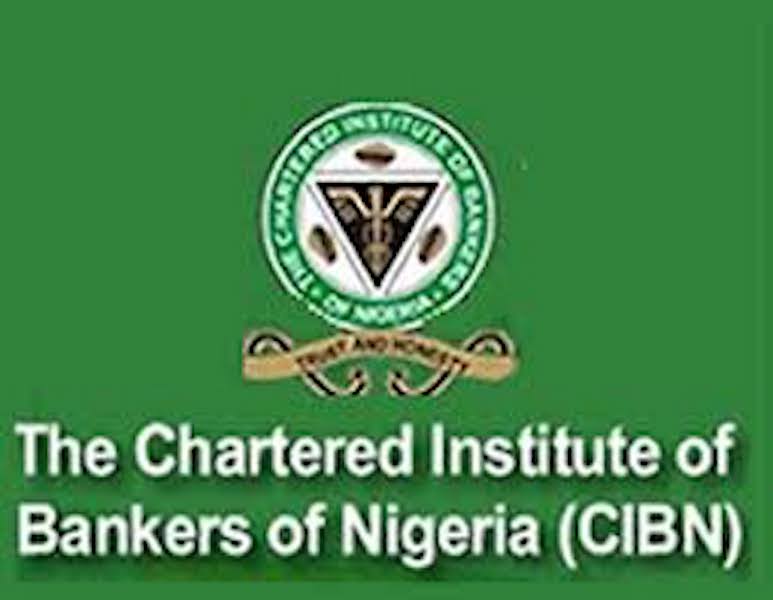
It is also to note that the programme aims to review the expectations of local businesses concerning global economic and political developments; analyses the implications of the developing economic and political tendencies for key business sectors in Nigeria; discussing feasible business survival strategies and chart, practicable ways of mitigating business’ risks and improve performances.”
Expected participants at the event are employees of financial institutions, regulatory bodies, commercial banks, development banks, microfinance banks, insurance companies, business owners and capital market operators.
Others are employees of academic institutions, government ministries, departments and agencies, NGOs and other key stakeholders in the Nigerian economy.


